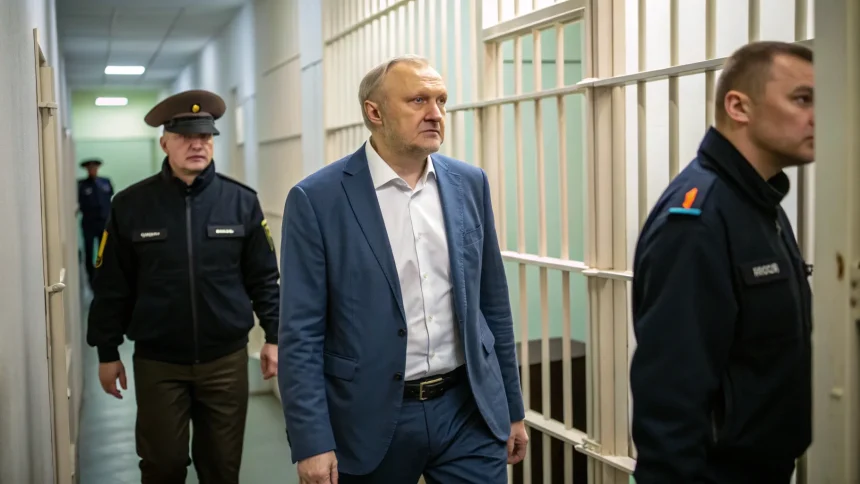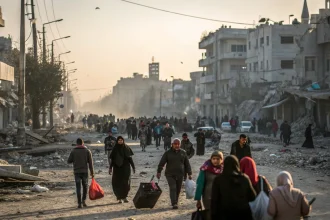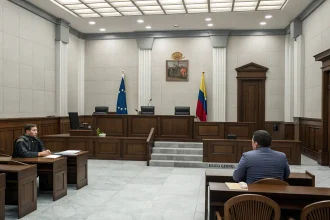Belarusian opposition politician Mikola Statkevich has been returned to a penal colony after refusing deportation to Lithuania, according to a Monday report by independent news outlet Nasha Niva.
The development comes just days after Statkevich was initially released from prison last week. His brief period of freedom ended when authorities sent him back to confinement following his refusal to leave Belarus for neighboring Lithuania.
Political Imprisonment in Belarus
Statkevich represents one of the most prominent opposition voices in Belarus, a country that has faced international criticism for its treatment of political dissidents. His case highlights the ongoing tension between the Belarusian government and opposition figures who challenge the administration of President Alexander Lukashenko.
The politician’s return to prison demonstrates the limited options facing opposition members in Belarus: exile or imprisonment. By choosing to remain in his homeland rather than accept forced deportation, Statkevich appears to have prompted authorities to reinstate his incarceration.
Pattern of Political Pressure
This incident fits into a broader pattern of pressure against political opposition in Belarus. Since the disputed 2020 presidential election, which sparked mass protests across the country, numerous opposition leaders have faced arrest, imprisonment, or forced exile.
The Belarusian government has used various tactics to silence critics, including:
- Long prison sentences for political activists
- Forced deportations and exile
- Restrictions on independent media
- Suppression of public demonstrations
Nasha Niva, the news outlet reporting on Statkevich’s situation, represents one of the few remaining independent media sources covering Belarusian politics, though it operates under significant constraints.
International Response
The treatment of opposition figures like Statkevich has drawn condemnation from international human rights organizations and Western governments. The European Union has imposed multiple rounds of sanctions on Belarus in response to human rights violations and political repression.
“The decision to return Statkevich to prison after he refused deportation shows the government’s determination to remove opposition voices from the country one way or another,” said a human rights monitor familiar with the situation.
Lithuania, which borders Belarus, has become a haven for many exiled Belarusian opposition members. The Baltic nation has taken a strong stance against Lukashenko’s government and provided support to opposition movements.
Uncertain Future
The details of Statkevich’s current imprisonment, including the length of his sentence and the conditions of his confinement, remain unclear. His return to a penal colony suggests he may face a lengthy period of incarceration.
For other political prisoners in Belarus, Statkevich’s case may serve as a warning about the consequences of refusing government-mandated exile. The incident underscores the difficult choices facing those who oppose the current administration.
As Belarus continues to isolate itself from much of Europe, the space for political opposition within the country appears to be shrinking further. Statkevich’s decision to remain in Belarus despite the personal cost reflects the commitment of some opposition figures to continue their political struggle from within the country, regardless of the risks.









